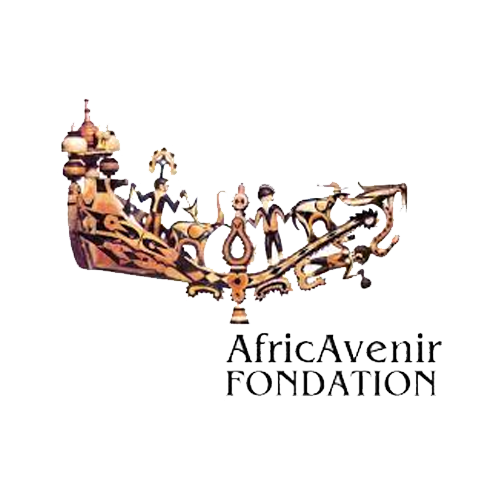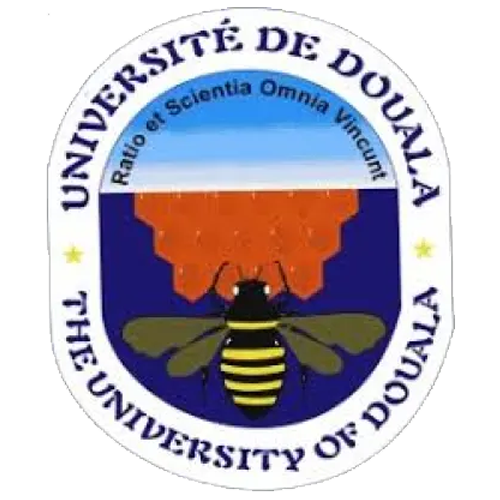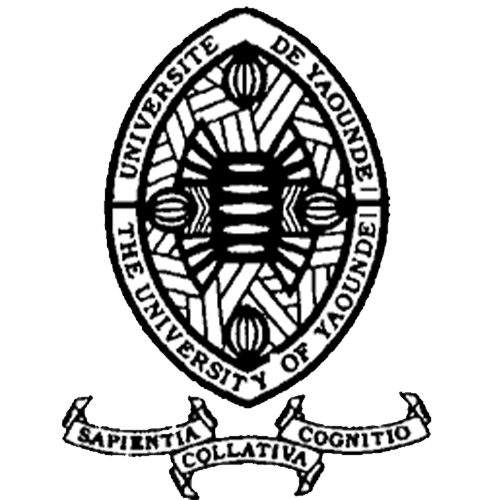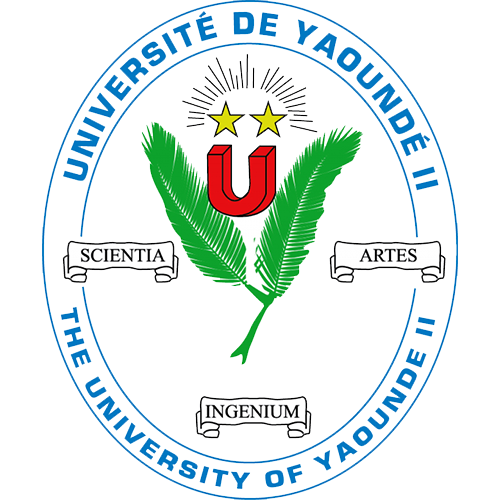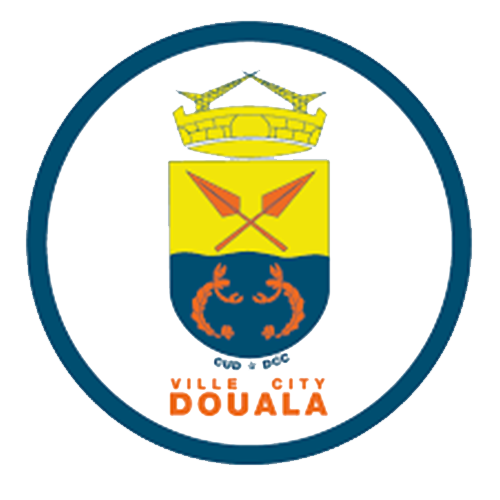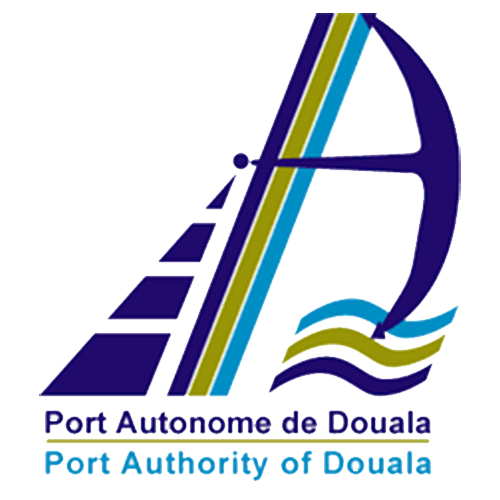Graduate School of Arts, Languages, Letters, Human and Theological Sciences
African scientific heritage and contemporary innovations
Presentation of our courses & Sectors
African scientific heritage and contemporary innovations
African languages and foreign languages
- African languages
- Foreign languages
- African scripts, alphabets and manuscripts through the ages
African literature: from ancient times to the contemporary period
- African literature from ancient times
- African literature and oral traditions
- Africa and African authors in French literature
- Africa and African authors in English-language literature
- Africa and African authors in Spanish literature
- Africa and African authors in Lusophone literature
German Studies / Études Germaniques
- Case studies of former German colonies in Africa: Cameroon/Togo/Tanzania/Rwanda-Burundi/Namibia
- Analysis of various aspects of the German colonial period in Africa
- Analysis of Germany’s African policies from the Weimar Republic to the Second World War
- Germany and the changing face of Africa – from the Cold War to the establishment of the African Continental Free Trade Area (AfCFTA)
Analysis of various aspects of the German colonial period in Africa
- Analysis of testimonies from Africans who lived through German colonization
- The economic restructuring of an African country colonized by Germany
- Legal reorganization in an African country during the German colonial period
- Religion and colonization in an African country colonized by Germany
- Education and culture: restructuring and reorientation during the German colonial period in an African country
- German colonial heritage and the ability to develop: the case of an African country colonized by Germany
- German Gothic script (handwriting and printing: Kurrent- und Sütterlinschrift)
- Reorganization and digitization of the German documentary holdings – archives, documents and books – of the Cheikh Anta Diop Library of the AfricAvenir International Foundation in Douala (through a collaboration between two (02) Master’s students in Documentary Engineering / German Studies).
- African and Cameroonian soldiers enlisted by the German army for the conquest of an African territory
- The role of African soldiers in the German army during the First World War
Analysis of Germany’s African policies from the Weimar Republic to the Second World War
- The Weimar Republic and the demand for a new colonization of Africa
- Nazi-Germany and the targeting of a given African region or country
- African or black soldiers and the occupation of Germany during and after the Second World War
Germany and the changing face of Africa – from the Cold War to the establishment of the African Continental Free Trade Area (AfCFTA)
- Competition between the Federal Republic of Germany and the German Democratic Republic in African countries
- Analysis of Germany’s African policy strategies
– The evolution of Federal Germany’s development cooperation in Africa in a given country - Germany’s new strategy towards the African Continental Free Trade Area (AfCFTA)
- German strategy on the restitution of African art, power and cult objects
- The role and programs of the Goethe Institutes and the dialogue of cultures in African countries
Africans in Germany since colonial times: their backgrounds, their status,
their organizations
- Africans in Germany during the German colonial period
- Africans in Germany from the Weimar period to the Second World War
- Africans in Germany since African independence
Spirituality and religion: from the origins of humanity to Pharaonic Egypt
- Human origins from « homo sapiens sapiens » and African spirituality
- Würm », the last Pleistocene period and « Noah’s Flood » on the African continent
- Spirituality and religion in Pharaonic Egypt
- Borrowings from the « Book of the Coming Out of the Light / Book of the Dead of the Ancient Egyptians » by the sacred texts of the revealed religions Islam and Christianity
- Relations between Israel and Africa at the time of King Solomon, the Queen of Sheba and Queen Judith of Ethiopia
- The introduction of Christianity to Ethiopia and the construction of the refuge at Lalibela
- African Enoch and Moses and their spiritual legacy
From African religions to the conquest and establishment of Arab Islam and European Christianity
- African religions before external political and religious domination (case studies: Bwiti, Mwiri, Ndjèmbè, Voodoo, Lébé, Binou, etc.)
- The Arab conquest and the introduction of Islam in Africa
- Africa in the Koran
- The European conquest and the introduction of Western Christianity in Africa
- Africa in the Bible
- Racism and religion in the Atlantic and trans-Saharan slave trade
- Religion and colonial conquest on the African continent
Spirituality and religion in contemporary Africa
- Religious obediences in contemporary Africa
- Empowerment of the African faithful through the creation of institutions such as Kibanguism, the Native Baptist Church of Lotin’a Same, Black Islam, etc.
- Esoteric circles, initiation and spirituality in post-independence Africa
- Religious obediences and practices of diaspora Africans in the Caribbean, Haiti, Cuba, Peru, Brazil, the United States of America, etc.
From the cradle of humanity 330,000 years ago to migrations and the depigmentation of black skin
- Africa, the cradle of humanity: research into the continent’s settlement and migrations before the existence of the Sahara
- African migration to Asia
- African migration to Europe
- African migration to America
- The intercontinental phenomenon of black skin depigmentation ten thousand years ago (Cheddar man)
From the influence of ancient Egypt to southward migration and the creation of great African kingdoms
- Ancient Egypt: the evolution of its political and administrative structures
- Spirituality and religion
- Science and lasting inventions
- Architecture
- European conquests
- The Arab conquests
- African southward migration after the final defeat of Pharaonic Egypt by the Arab conquest
- The great African kingdoms, their structures and management (Kongo, Mali, Ghana, Benin, Monomotapa, etc.) before 1884
- Migration of African peoples and the formation of kingdoms
- The 14th-century Songhai University of Timbuktu: its scholars, programs and documentation collections
- The Timbuktu manuscripts: family archives, threats of destruction and safeguarding
- Benin City: its heyday, looting and decline
The defeat of African kingdoms in the face of the European and Arab colonial breakthrough
- The composition of colonial armies and the responsibility of African conscripts
- Competition between African kingdoms, alliances with European or Arab forces and the consequences for colonial domination
- African royalty’s lag in the evolution of their knowledge of the planet’s geography from the 17th to the 19th century
- The lack of inter-African diplomatic concertation in the face of the concerted strategy of the conquering European and Arab countries
- The Berlin Conference of 1884 and the concerted armed aggression of European countries on the African continent
From slavery to the colonization of African peoples - Trans-Saharan slavery
- Atlantic slavery
- Africa’s depopulation and economic decline
The colonial period
- British colonization
- German colonization
- French colonization
- Portuguese colonization
- Spanish colonization
Africa from the First to the Second World War
- The war effort and African participation in the First World War
- The impact of the First World War on the African continent
- The war effort and African participation in the Second World War
- The repercussions of the Second World War on the
African continent
From anti-colonial wars and struggles to African independence
- The theoretical debate on decolonization
- Anti-colonial wars
- Unarmed negotiations
- The conditions for independence
- Neo-colonialism and new resistance
- Physical and digital reorganization of the Cheikh Anta Diop Library of the AfricAvenir International Foundation in Douala: optimizing access to sources for multidisciplinary scientific research
- Reorganization of the German documentary holdings – archives, documents and books – of the Cheikh Anta Diop Library of the AfricAvenir International Foundation in Douala (through a collaboration between 2 Master’s students in Documentary Engineering / German Studies).
- Reorganization of the documentary holdings for the period since 1919
- Digitization of the Cheikh Anta Diop Library
- Communication in ancient Africa: structures, training, use
- Audiovisual and cinema on Africa by non-Africans
- African involvement in contemporary audio-visual and cinema
- Audio-visual techniques
- Cinema techniques
1st option: African fine arts issues
- artistic expression up to the separation of continents;
- history of Art in the evolution and migrations of the African Continent ;
- Fine Arts in contemporary Africa;
- the influence of African fine art on artists worldwide;
- slavery, colonialism, the plundering of African fine art and the repatriation debate;
- fine arts workshop
2nd option: Music and dance for the salvation and dignity of African peoples and the diaspora (music as a fundamental source of life among African peoples; panorama of dance in Africa through the ages; African music as a domain that has not been alienated over the last six (06) centuries, unlike culture in general, education, economics, politics, defense or other domains in which Africans have been placed under tutelage; the great currents of African music before independence; music in contemporary Africa; dance in contemporary Africa; exhibitions on Africa: structures d’accueil, objectifs, techniques et mécanismes, portée; exhibitions in Africa: structures d’accueil, objectifs, techniques et mécanismes, portée).
- Music as a fundamental source of life for African peoples
- Panorama of dance in Africa, by era
- African music as an unalienated domain over the last six (06) centuries, unlike culture in general, education, economics, politics, defense or other fields in which Africans have been placed under tutelage.
- The main trends in African music before independence
- Music in contemporary Africa
- Dance in contemporary Africa

